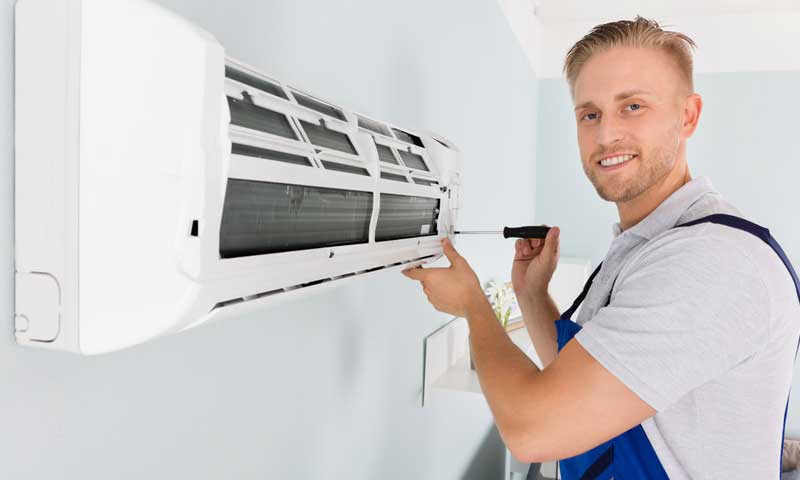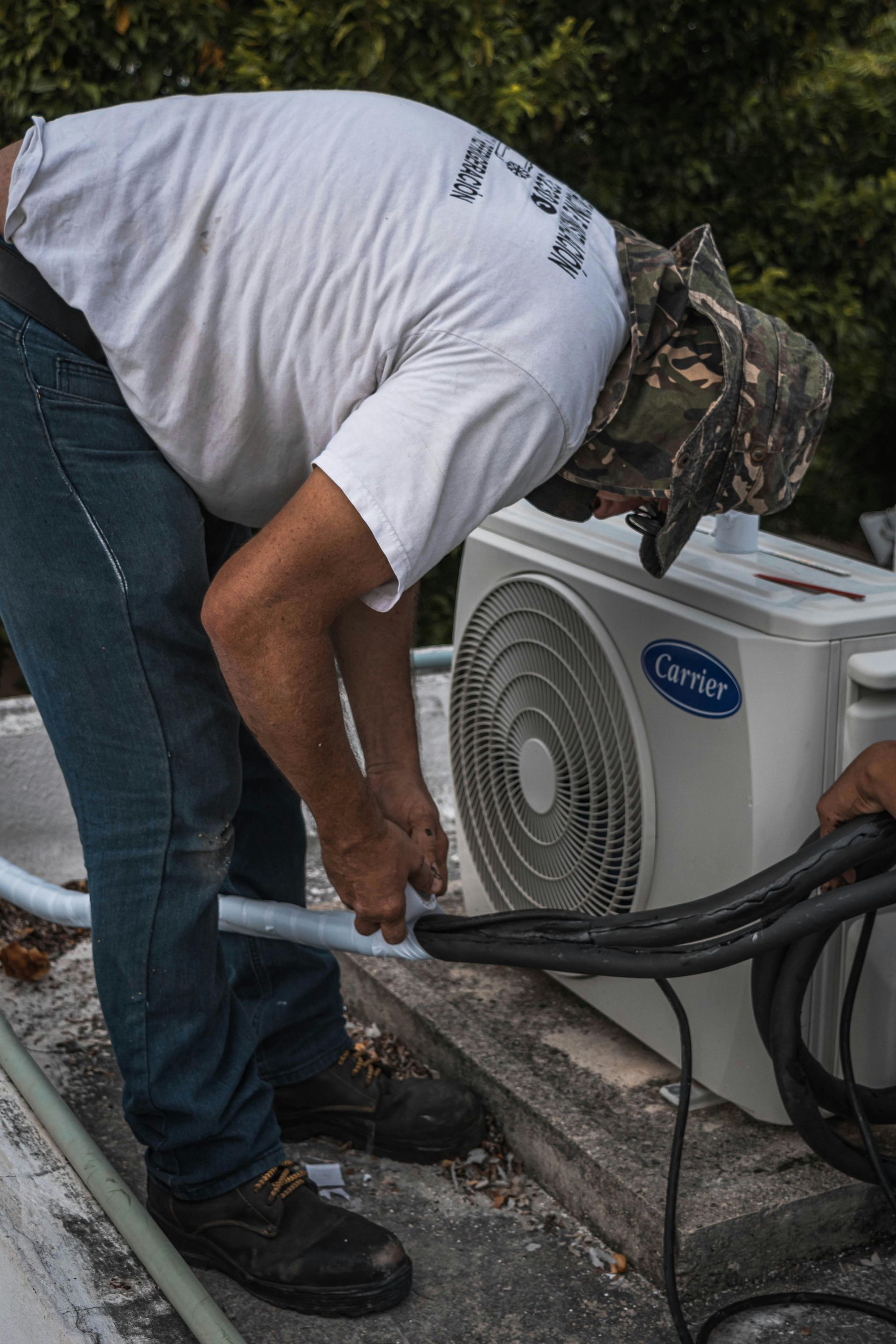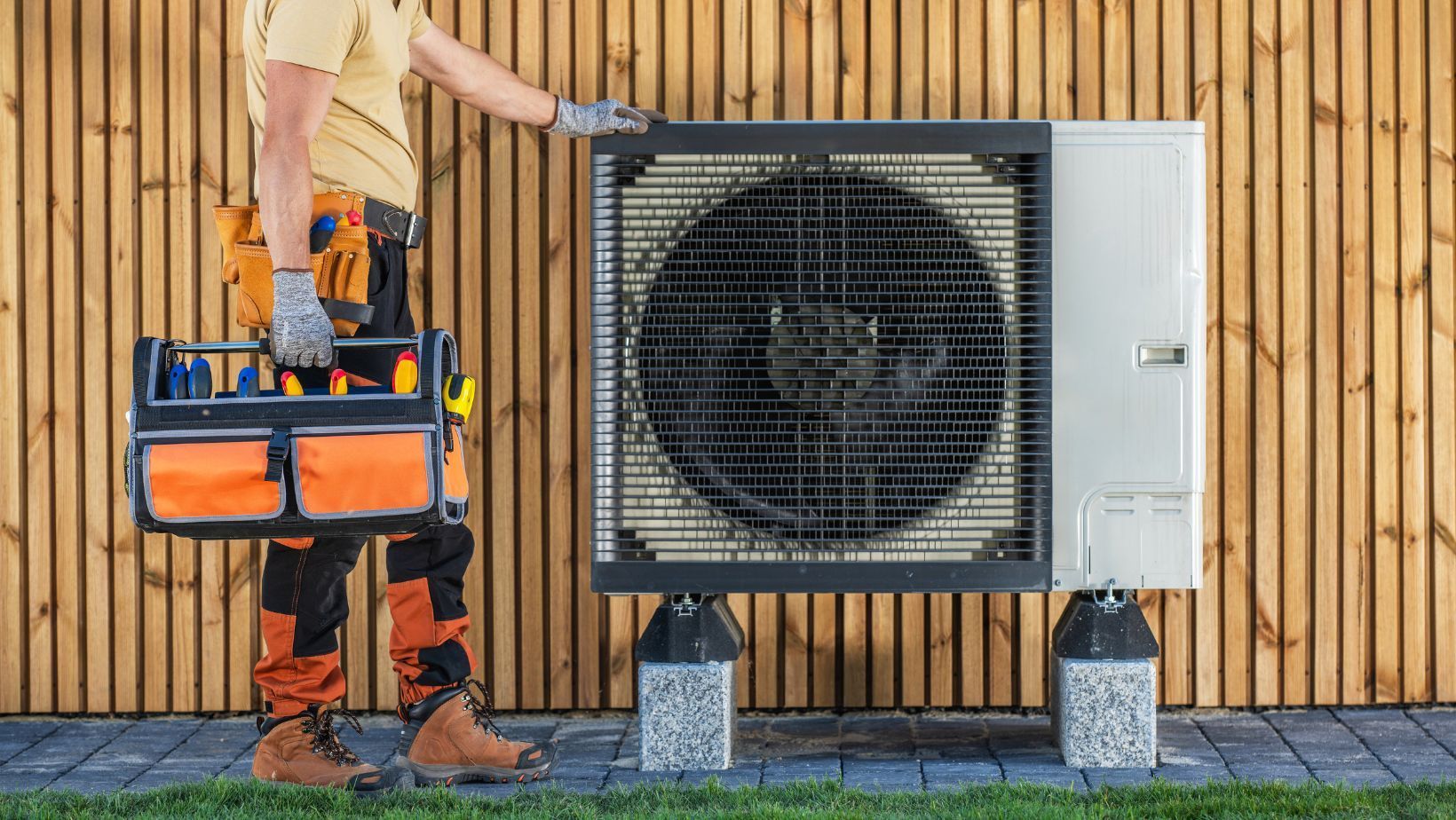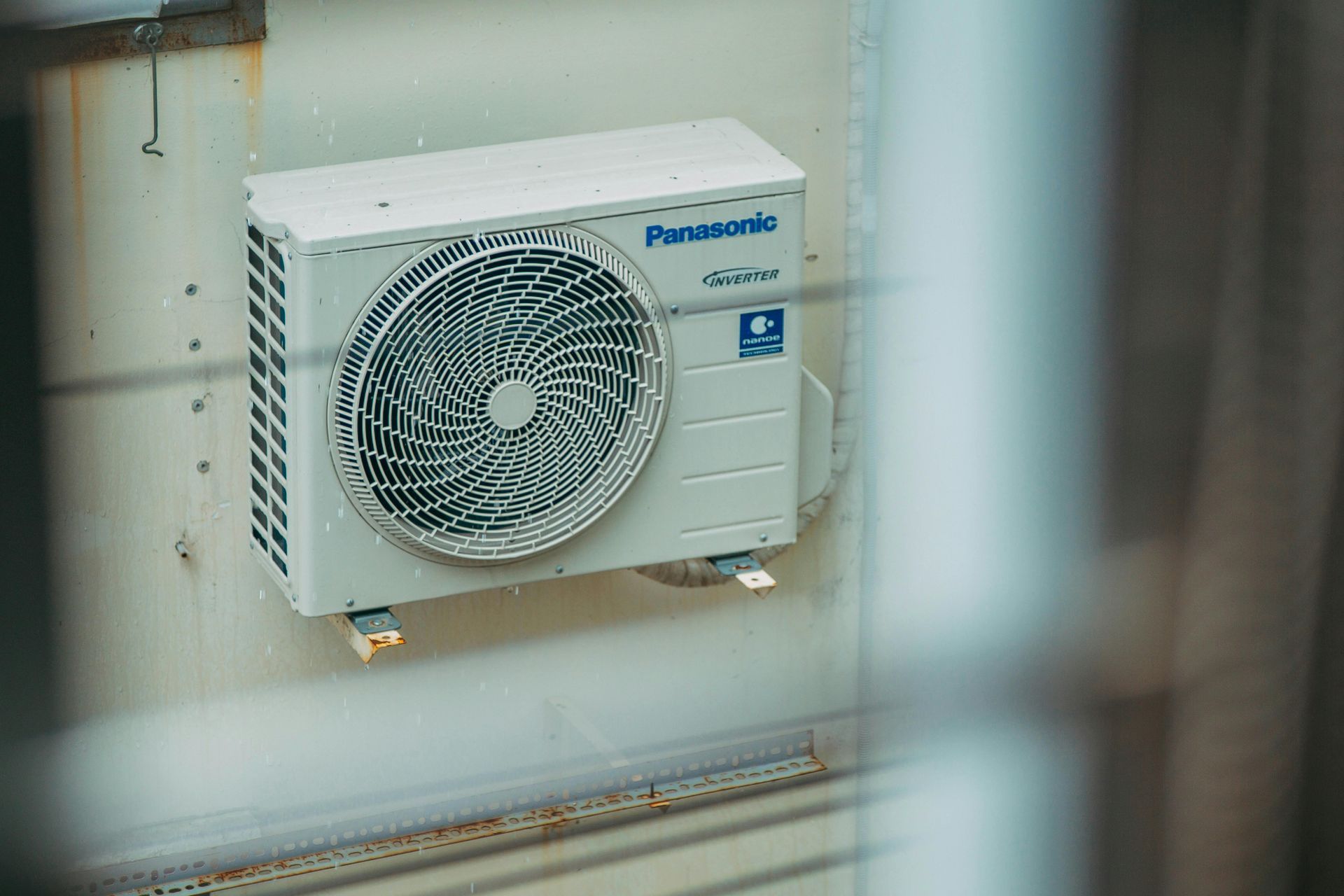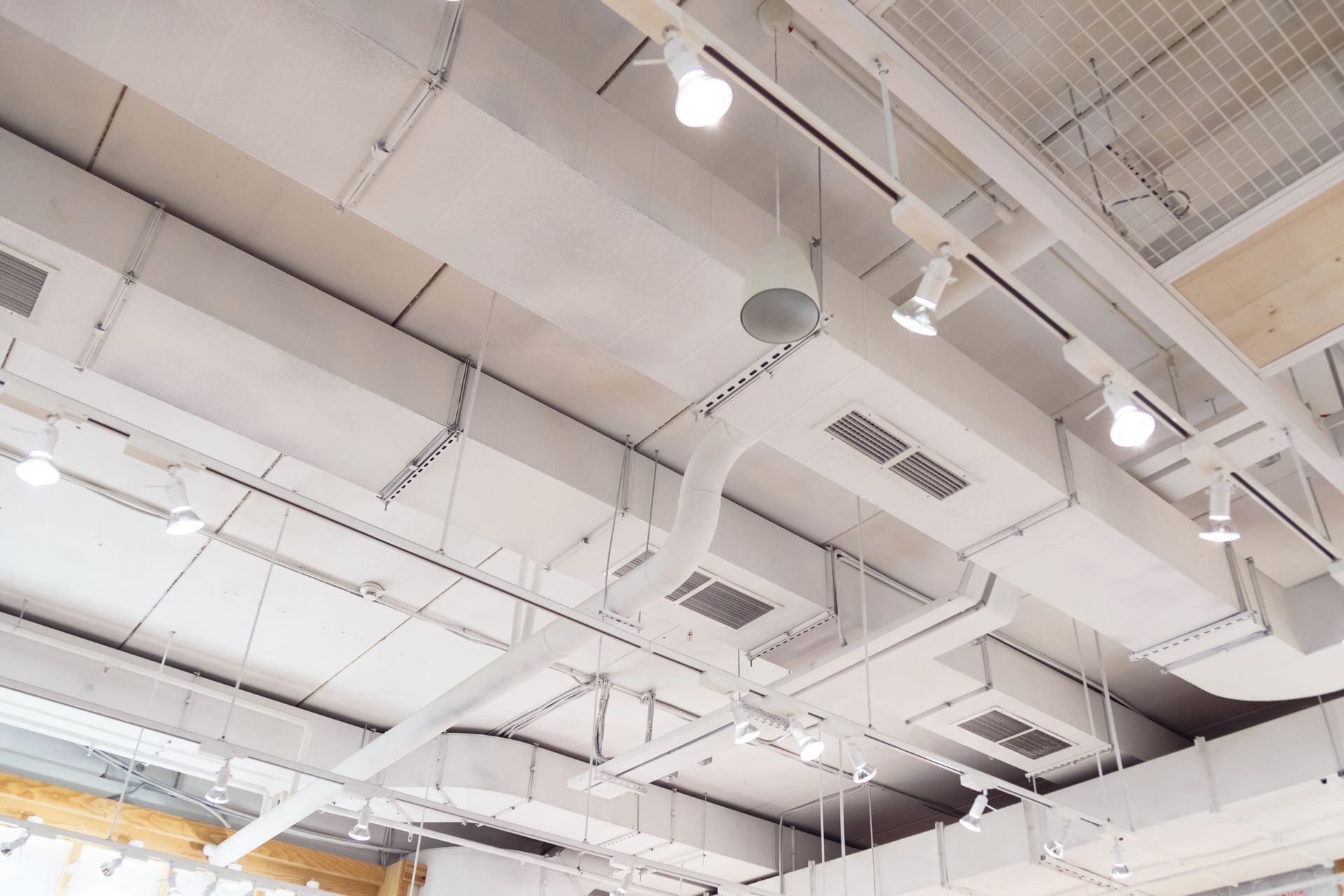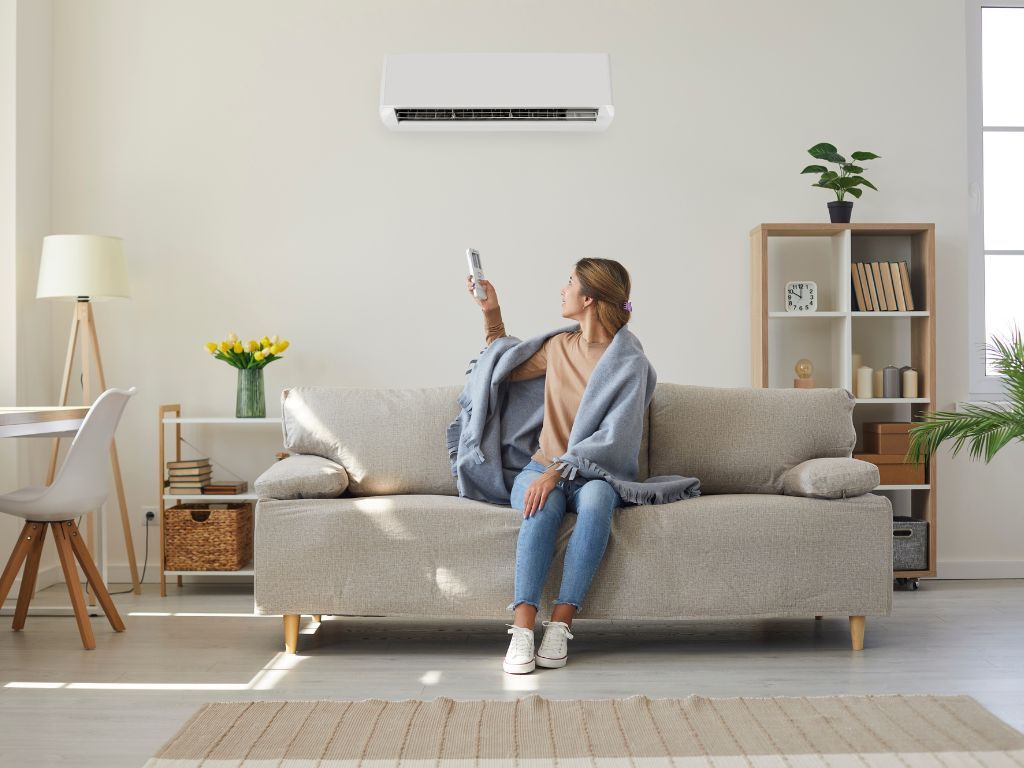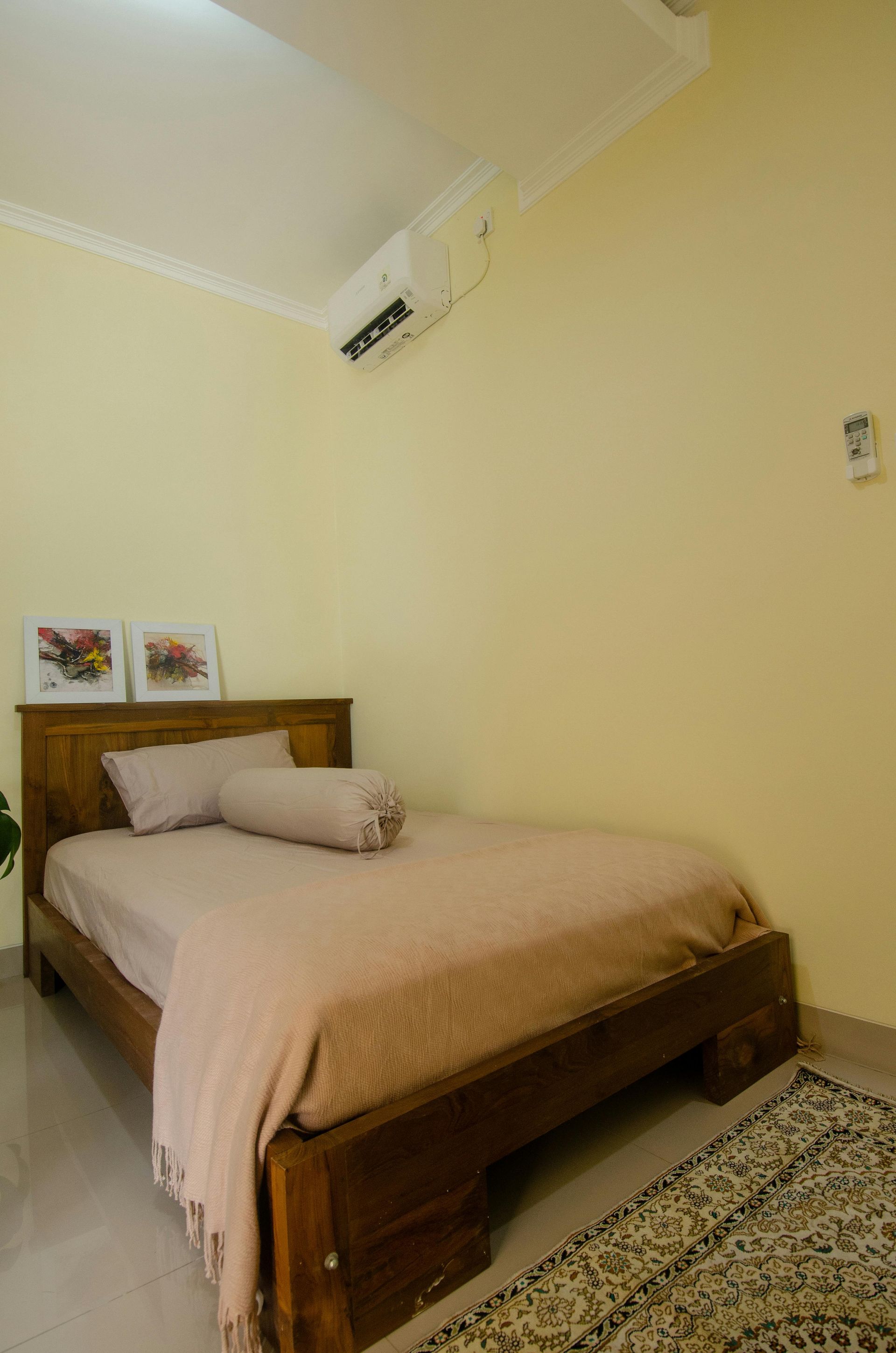Things To Consider When Choosing The Right Water Heating System
Things To Consider When Choosing The Right Water Heating System

Common water heating systems use the conventional principle of heat being transferred from a high-temperature object to a cooler object, in this case, the system uses an external heat source to transfer heat to a confined water vessel.
There are two basic types of heating systems: electric and gas. The most common type is the electric water heater, which heats the water with electricity. A gas-fired water heater heats the water by burning natural gas or propane in a sealed container called a boiler. The heat from the burner warms up the metal coils inside of it, which in turn heats up the water inside of it.
An electric tankless hot-water heater has no storage tank like an electric storage hot-water heater or a gas storage hot-water heater, so it can provide on-demand hot water without any wait time for the heated water to reach the tap.
Home heating systems are essential in any home. Whether you’re just switching to a new system or need help with an old heater, having an efficient water heating system is important.
So, where do you look for the best water heating system? Thankfully, we can answer that question for you! Here are a few tips on choosing the right water heating system for your home, and where to find a water heater supply store near you.
Keep Your Home Comfortable And Well-Hydrated
We all know that hot weather and humid environments give us all kinds of problems, including skin, eye, and hair irritations, plus a few examples of cold feet. And if those aren’t enough, getting water heating is no different.
Water heating systems heat your home from the inside out. This means you will need to bring water into the house from a well or swimming pool, and heat it from the outside in.
The important thing is to bring your water heating system into the bedroom, kitchen, or bathroom. Give it a little over night, and you’ll be fine. You can then bring it back out at night, and it will heat the water even more.
Assign The Right Amount Of Heat To Your System
When you heat your home, you need to bring in as much heat as possible.
The trick is to do this slowly, with increasing amounts of heat being brought in. The best way to go about this is to have a thermostat that has a temperature setting. This will help you to stay in contact with the outside air temperature.
If you have a proper system, you will be able to bring in the right amount of heat. The less pressure you put on the system, the more effective it will be.
Look For Energy Efficient Devices
If you’re looking for a water heating system that is energy efficient, you will be happy to learn that there are many options available. You can either use a gas or electricity heater.
A gas heater uses the power of the grid to heat the home, while an electricity heater will draw the power from the grid and deliver heat to your home. With electricity heating, you will always have a constant source of power, while with a gas outside unit, you will have constant flow of power.
When choosing between options, consider the amount of heat you are trying to bring into your home. On the other hand, if you want to keep your energy costs down, choose the right amount of heat.
Remember, you will only be bringing in as much heat as you need to make your system efficient. So, make sure you’re using the right amount of heat.
You’ll Need Running Water For Your System
It is very important to have running water for your
water heating systems. You will not be able to keep your house warm if it is cold outside. So, it is important to have running water running in the house.
In most cases, you will find that running water is available in the cistern or well that runs in the house. It is also important to have running water in the shower, tub, and outdoor water heater.
When you bring in water, it needs to be hot, so it can be used as a conductor for electricity and other forms of energy. It is good to use a hot water heater when bringing in water from the cold winter or spring weather.
Remember to change the water temperature once every couple of weeks.
Know The Temperature Of The Water Source You’ll Be Heating
Another important deciding factor when it comes to choosing the right water heating system for your home is the temperature of the water source you will be heating. You will not be able to bring in as much heat as you would like from the cold winter or spring weather, and your indoor plumbing will be damaged.
So, you need to bring in as much heat as you can from the warm weather. There are a couple of things you can do to get around this problem. You could go with a water heating system with a thermostat that has a temperature setting, or you could bring in the water from a nearby stream or pool.
If you choose the latter, you will need to bring in as much water as it can carry. Remember, the more water you bring in, the more efficient it will be.
Decide How Often You’ll Need To Heat Your Home
Hate bringing in cold or uncomfortable water and then having to put up with the stench and change temperature at every other opportunity? Not so much with a water heating system. The important thing here is to go at it with as little heat as possible.
As the name indicates, this is a constant-heat system. You will be bringing in as much heat as you need to make the water at least as hot as it can get. So, make sure you are bringing in the right amount of heat.
What type of heating strategy do you have in your home? If you have an air heating system, it will be enough just to bring the air into the room where you are having your heating system made. If you have a fireplace or a wood burning stove, you will have to bring in as much heat as you can.
It is important to remember that the more energy you bring into the home, the better the weather is for you.
Taking All Of This Into Account
Choosing the right
water heating system
for your home can be difficult. While there are countless choices to choose from, you must first analyze your individual circumstances and make certain critical decisions.
This can be done by considering the following: Is the heat I bring into the house enough? Are my electrical and/or mechanical devices making noise when they are working? Do I have enough space? Do I have enough heat capability in the home? Where can I find water heater supply store near me? When it comes to selecting the right water heating system for your home, you need to carefully examine your situation and make an informed decision.
So, with all that said and done. Find the best place for your water heating needs in London, Ontario.
